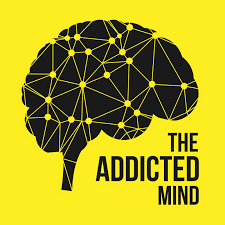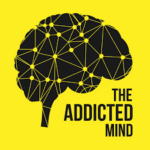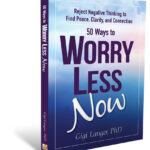| You might have heard I’m writing a follow-up to 50 Ways to Worry Less Now. I am so pleased with how it’s coming along, as I’ve completed 4 of the 5 chapters. * In late May I plan to send it to beta readers for feedback. If you wish to be an advance reader, please email glanger2202@gmail.com. * In the next months, I’ll be sharing short excerpts with you. (Feel free to provide feedback on this snippet on self-limiting patterns.) Thanks for joining the team! EXCERPT FROM CHAPTER 2: What Patterns Close Our Heart? If you’re on a growth path, chances are you’ve discovered some patterns that are bumping up against your dreams of happy relationships, success, or health. For many of us, these patterns have to do with control (referred to as “self-centered fear” in Twelve-Step programs). The Illusion of Control In our families of origin, it was all about staying safe, so we formed habits that kept us out of the family chaos. Some children become the high achievers. Others take care of everyone else. Still others get lost in the shuffle, hiding in the corners. Some may deflect tension and conflict with humor or distraction. All these coping strategies rely on the illusion of control as in the whispered lie: If I do this, I will be safe. And, for many of us, these coping strategies worked pretty well in school, work, and play. But they eventually turn out to be deadly, especially to our relationships. When we run into life challenges that seem to get worse no matter what we do, it may be spirit’s way of saying it’s time relinquish our old patterns. If we’re awake and connected with healthy advisors and friends, we can unlearn the habits that no longer serve us or our loved ones. Gigi’s Old Patterns In Stage II Recovery, Earnie Larsen outlines six common patterns that sabotage our happiness because they rely on controlling people, places, and things. When I first read the list, I identified as a perfectionist, workaholic, people pleaser, and tap dancer. -As a perfectionist, I completed an advanced degree at Stanford, but my whispered lies had me in knots of fear of failing which led to drug abuse and promiscuity. -As a workaholic, I ignored my family and partner by spending all my time studying or working, thus the failed romantic relationships. -As a people pleaser, I had no idea how to know or state my needs with my loved ones; I was terrified of conflict and just went along, pretending that everything was fine. No wonder I had three failed marriages. -My tap dancer pattern had me traveling all over the world, leaving a relationship whenever I got bored, and frequently changing jobs and degree programs. I think the first time I didn’t try to skate past a commitment was with my sobriety. Inventory: Six Harmful Patterns Here I list the six patterns with their associated whispered lies. You may immediately relate to some of them. But don’t worry, with help you can change them. The Caretaker. Caretakers feel responsible for the happiness of others; and they try to rescue people, often to the detriment of their own self-care. “I can’t be happy if everyone else isn’t okay. I can’t let anyone down; I must make things better.” The Martyr: Martyrs believe life is a struggle and they’re the victim of an unfair world. They don’t believe they deserve fun or pleasure. “Life will never work out for me. I always lose out, no matter what I do. I can’t handle life.” The Perfectionist. Perfectionists can’t stand making mistakes, have a low tolerance for unpredictability, and are often critical of others’ incompetence. “Everything has to be perfect for me to be okay. I can fix this if I work hard enough. I hate failure.” The People Pleaser. People pleasers need to keep everyone else happy; so, they put their own needs last. They have trouble saying no, can’t handle conflict, and often feel hurt. They have little confidence in their own opinions. “For me to be safe, everyone must like me. I can’t object to my (friend’s/partner’s) mean words. I can’t say what I think because people will hate me.” The Workaholic. Workaholics put the completion of tasks ahead of their relationships. They feel guilty when not working and never feel they have accomplished enough. “I must get it all done, or my life will fall apart. I can’t take time for others; there’s just too much to do.” The Tap Dancer. Tap dancers constantly test the limits, avoid commitment, and often skirt around the truth. They always have an escape plan in case things don’t work out to their liking. “No one can pin me down; escape is my only security. I bet I can get away with this. I never could commit to recovery or therapy.” Healing Harmful Patterns If you can identify with any of these patterns, it’s important to recognize that each one has its strengths. For example, once you let go of needing to please everyone, you still have the gracious social skills you cultivated earlier in your life. It’s just a matter of removing the cutting side of the whispered lies with loving practices that open your heart to yourself and others. The Twelve Steps, combined with therapy and spiritual practices, have healed these patterns in me. These days, I’m rarely caught in this loop of over-control. It is a lovely way to live! |
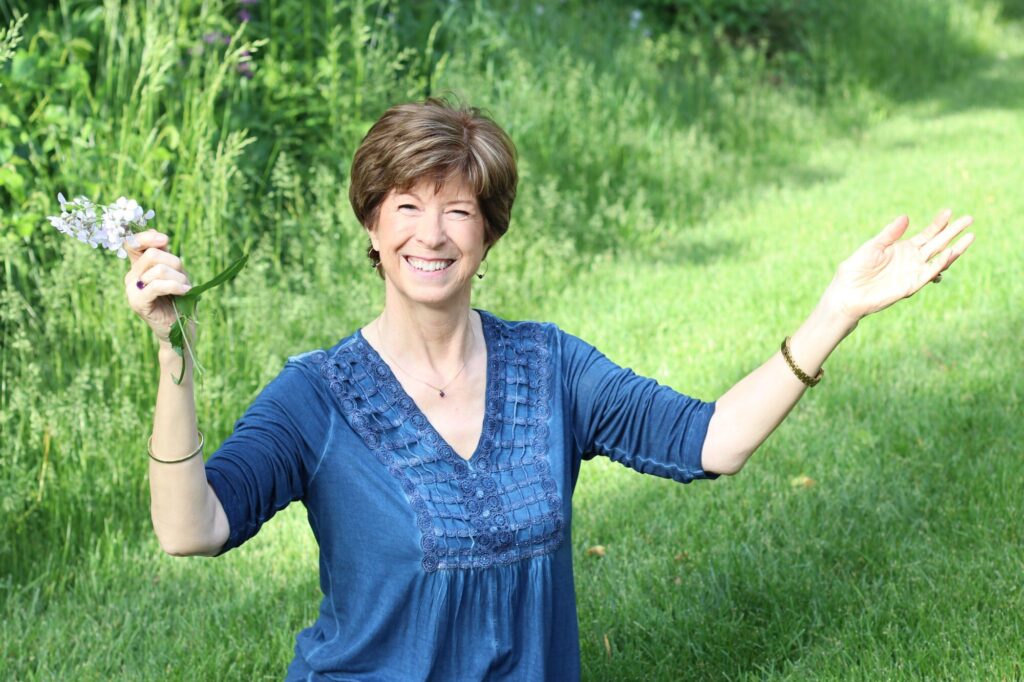
Gigi Langer has been sober 35 years, and holds a PhD in Psychological Studies in Education from Stanford University. Formerly crowned the “Queen of Worry,” Gigi resigned her post many years ago and now lives happily in Florida with her husband, Peter and her cat Murphy.
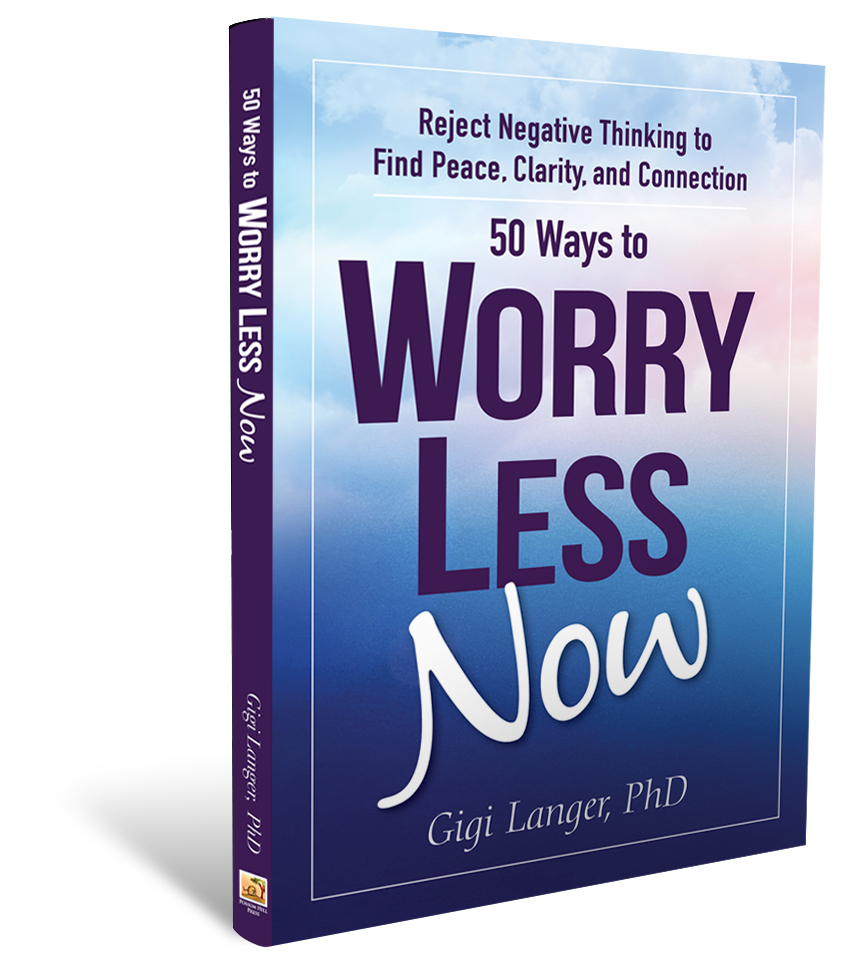
Gigi’s award-winning book, 50 Ways to Worry Less Now, describes how to correct the faulty thinking leading to addiction, dysfunctional relationships, perfectionism, and worry about loved ones. Check out the practical directions, personal stories, and other helpful growth tools. Amazon: 4.8 stars (Buy Discounted, personally signed Paperback with free Workbook PDF HERE)
